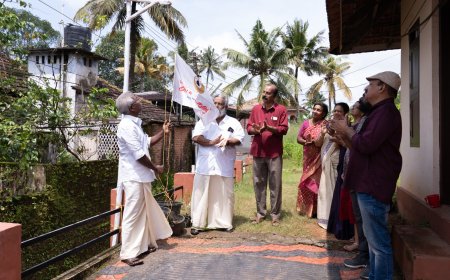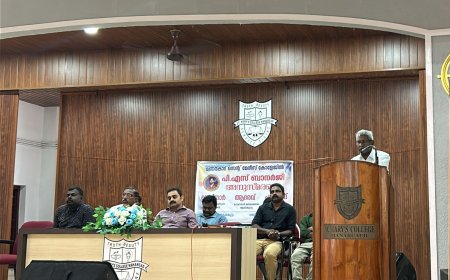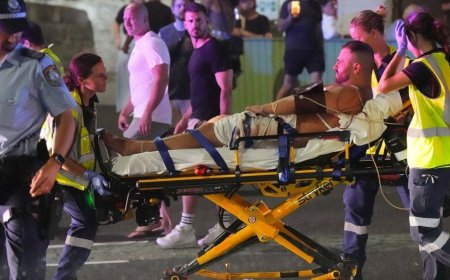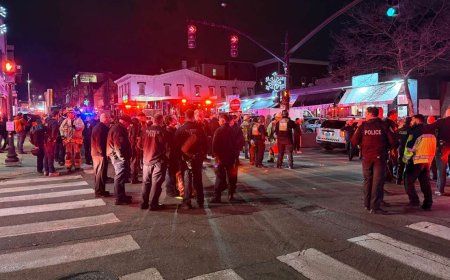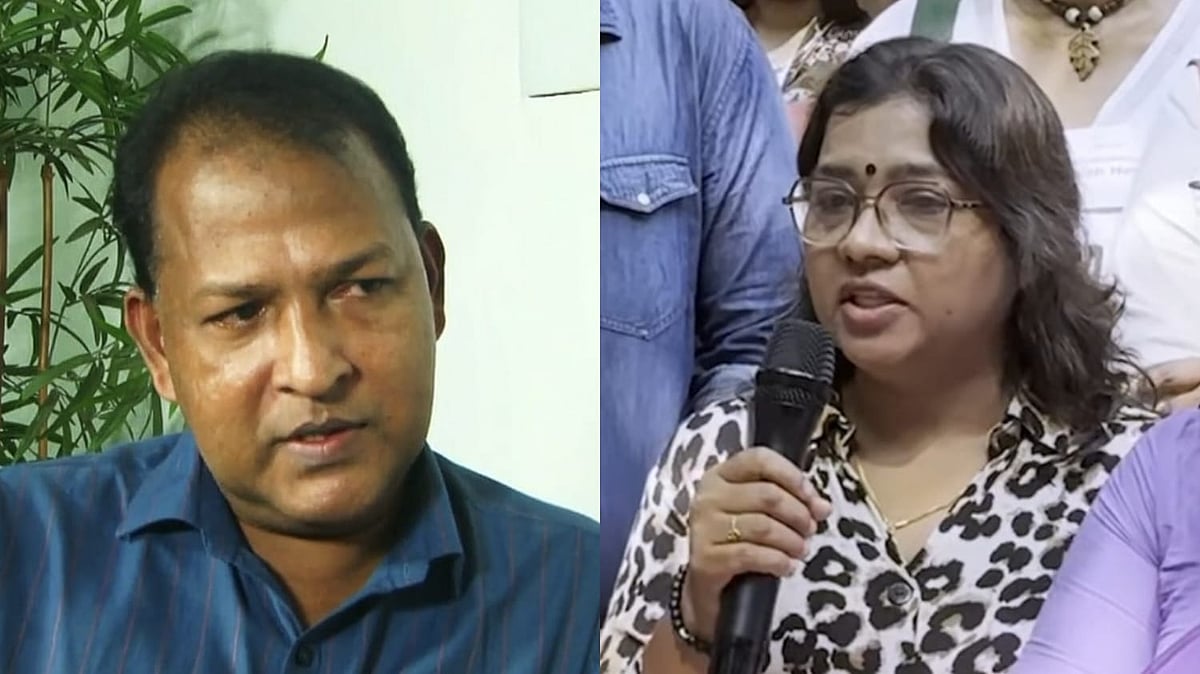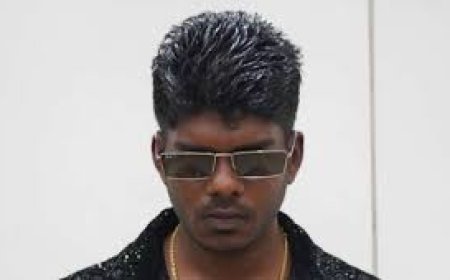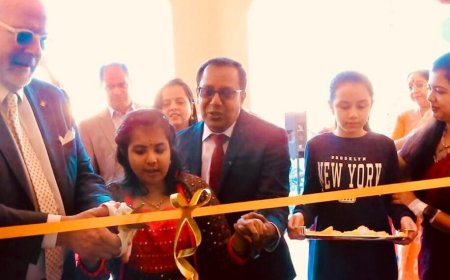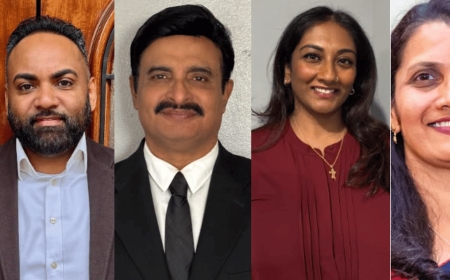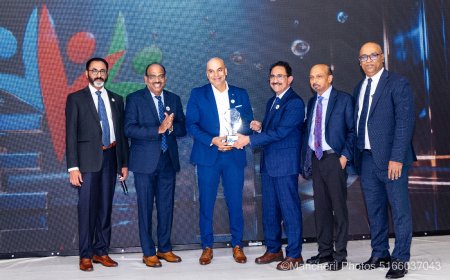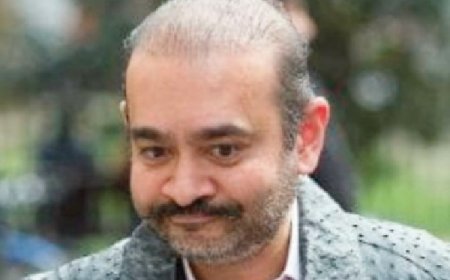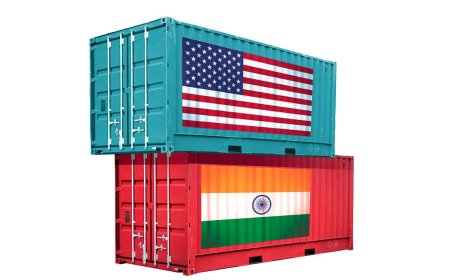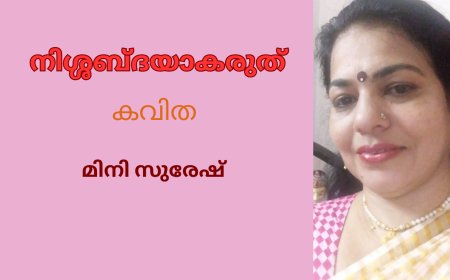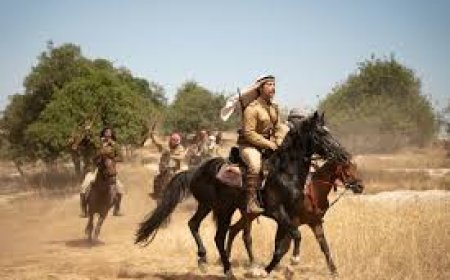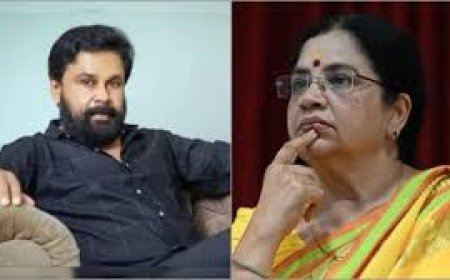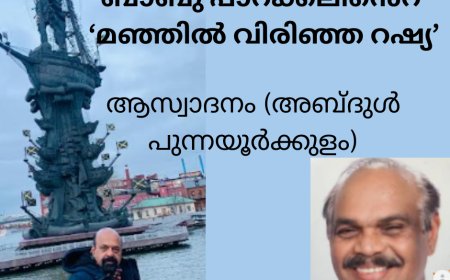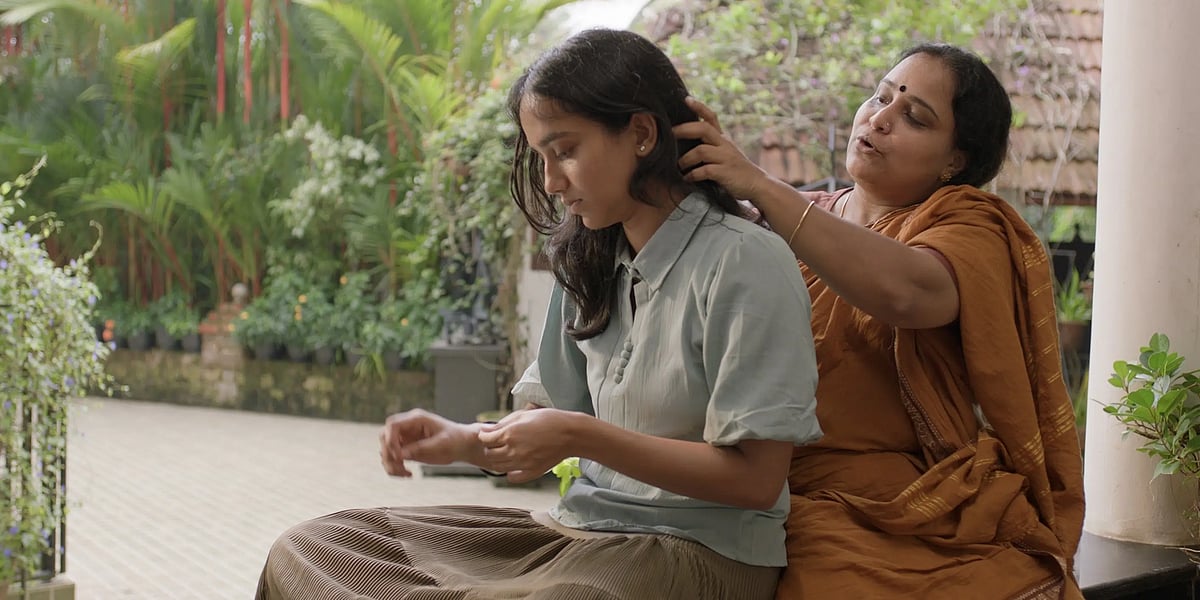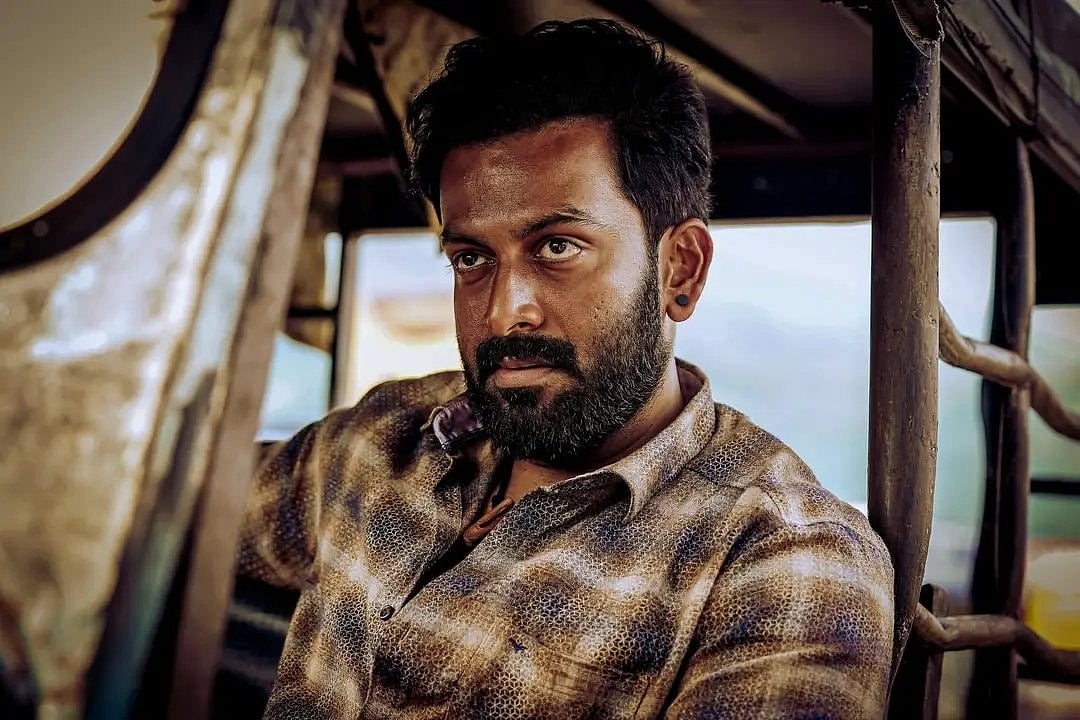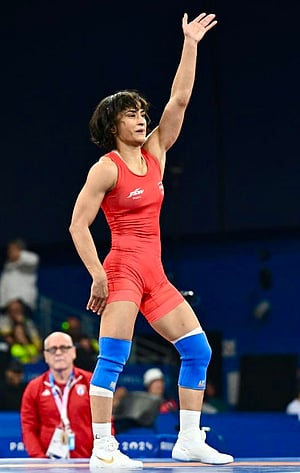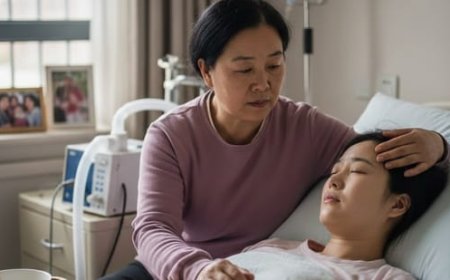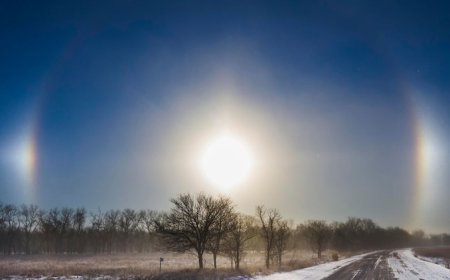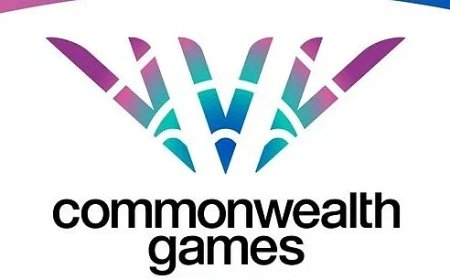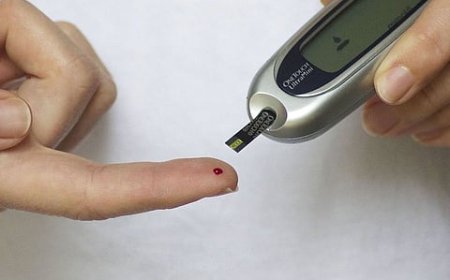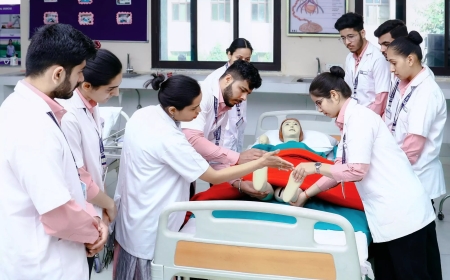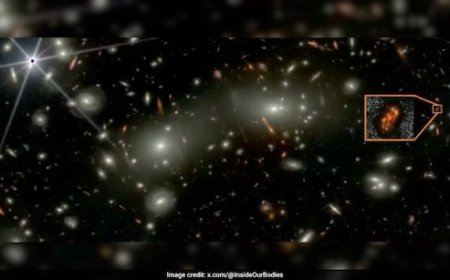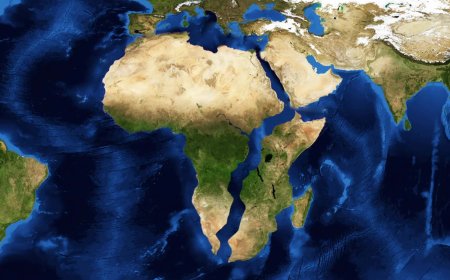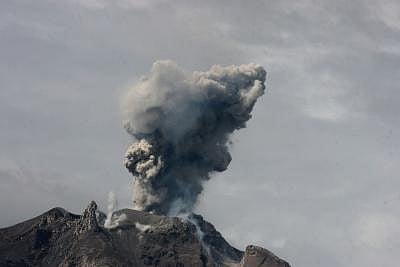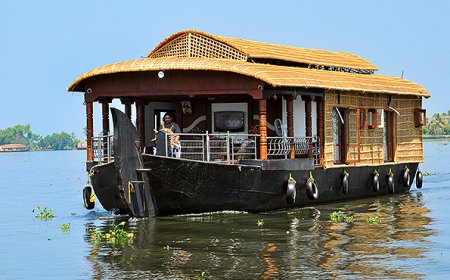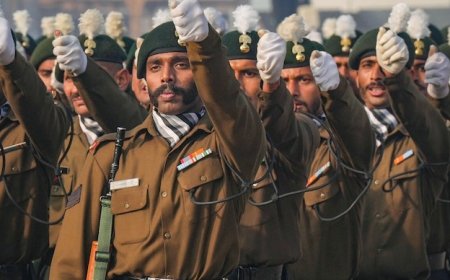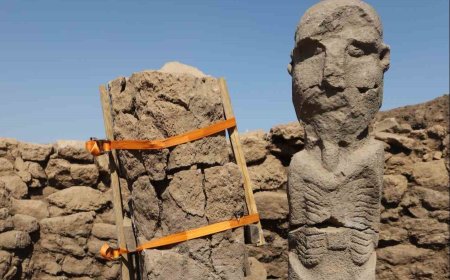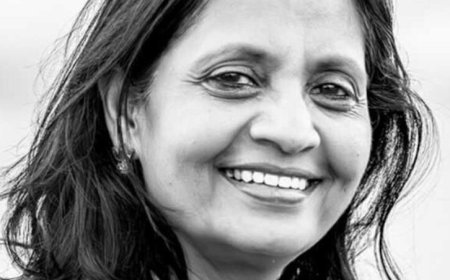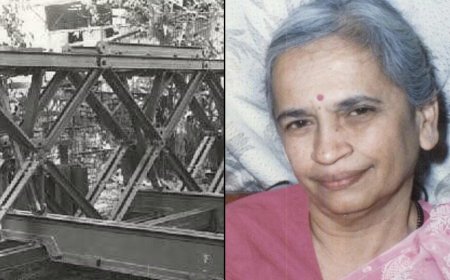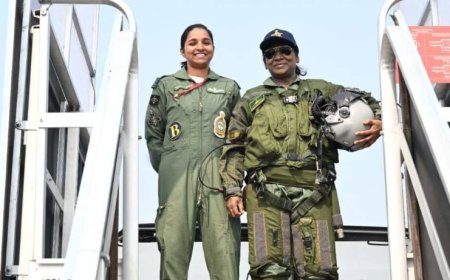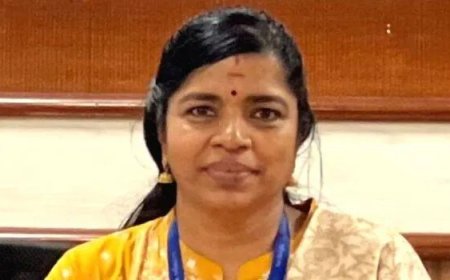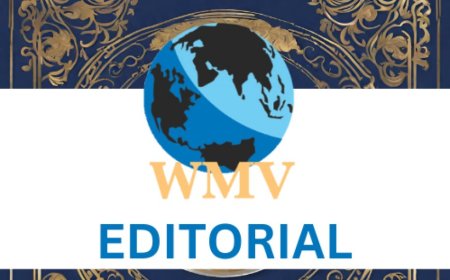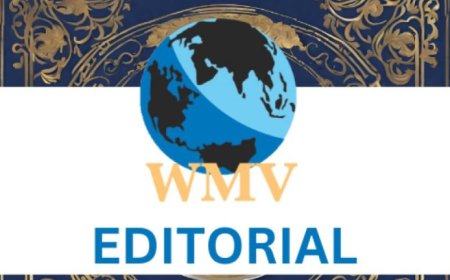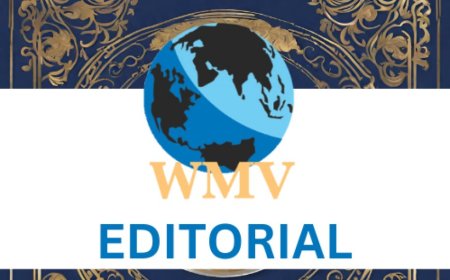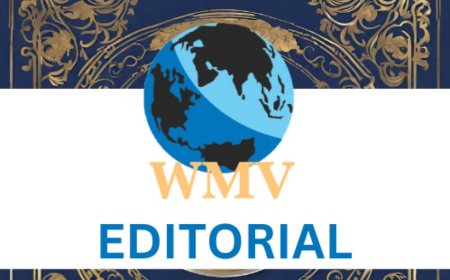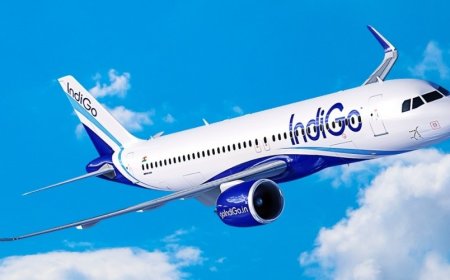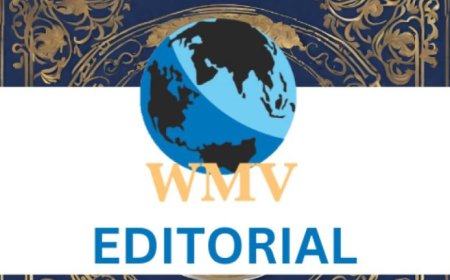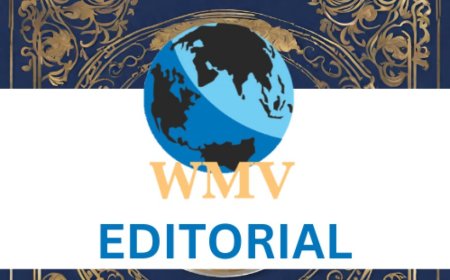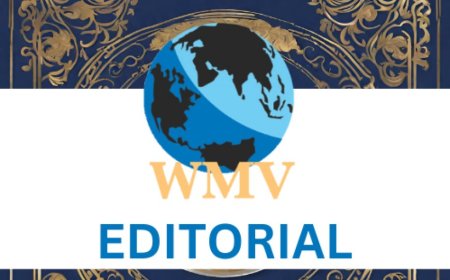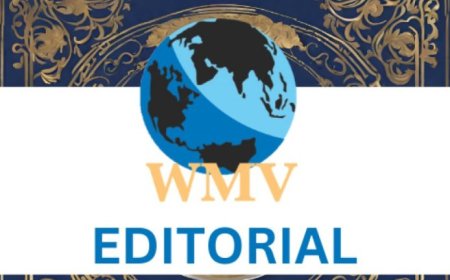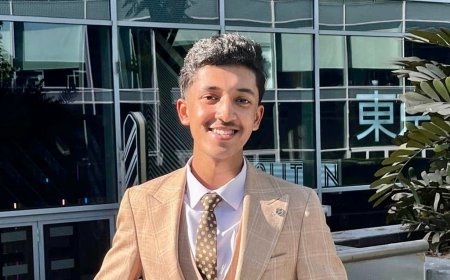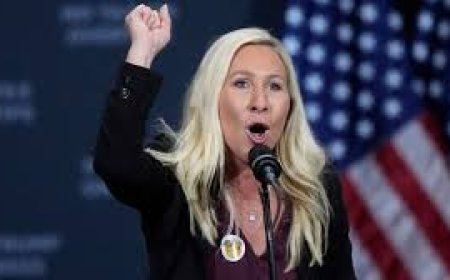JFK's granddaughter Tatiana Schlossberg, 35, reveals she has terminal cancer
Tatiana Schlossberg, 35, disclosed her acute myeloid leukemia diagnosis in an essay. The condition was discovered post-childbirth.

TATIANA Schlossberg, 35, the granddaughter of former US President John F. Kennedy, on Saturday revealed that she has myeloid leukaemia.
Tatiana, an environmental journalist, made the shocking revelation about her terminal cancer in an essay – A Battle with My Blood — in The New Yorker.
She said that the condition was discovered after she gave birth to her daughter in May 2025, when the doctor noticed that her blood count looked strange.
The doctor said that it could just be something related to pregnancy and delivery, or it could be leukaemia.
She told her husband what they were talking about, saying it’s not leukaemia. However, the diagnosis was acute myeloid leukaemia, with a rare mutation called Inversion 3.
JFK's granddaughter also shared that during the latest clinical trial, her doctor told her that he could keep me alive for a year, maybe.
“My first thought was that my kids, whose faces live permanently on the inside of my eyelids, wouldn’t remember me. My son might have a few memories, but he’ll probably start confusing them with pictures he sees or stories he hears. I didn’t ever really get to take care of my daughter—I couldn’t change her diaper or bathe her or feed her, all because of the risk of infection after my transplants.”
Stating that every doctor she saw asked her if she had spent a lot of time at Ground Zero, given how common blood cancers are among first responders.
“I was in New York on 9/11, in the sixth grade, but I didn’t visit the site until years later. I am not elderly—I had just turned thirty-four,” she added,
“I did not—could not—believe that they were talking about me. I had swum a mile in the pool the day before, nine months pregnant. I wasn’t sick. I didn’t feel sick."
Describing the shock about the diagnosis, she wrote: “ I was actually one of the healthiest people I knew. I regularly ran five to ten miles in Central Park. I once swam three miles across the Hudson River—eerily, to raise money for the Leukaemia and Lymphoma Society.”
Tatiana said that she was to write a book about the oceans—their destruction, but also the possibilities they offer, had she not gotten sick.
What Is Acute Myeloid Leukaemia
According to the American Cancer Centre, Leukaemias are blood cancers. They start in cells that would normally develop into different types of blood cells. Most often, leukaemia starts in early forms of white blood cells, but some leukaemias start in other blood cell types.
Acute myeloid leukaemia (AML) is a rare cancer that affects your bone marrow and blood. It’s an aggressive cancer that, left untreated, may be life-threatening. AML typically affects people age 60 and older, but it can affect younger adults and children, says Clevelandclinic.org




